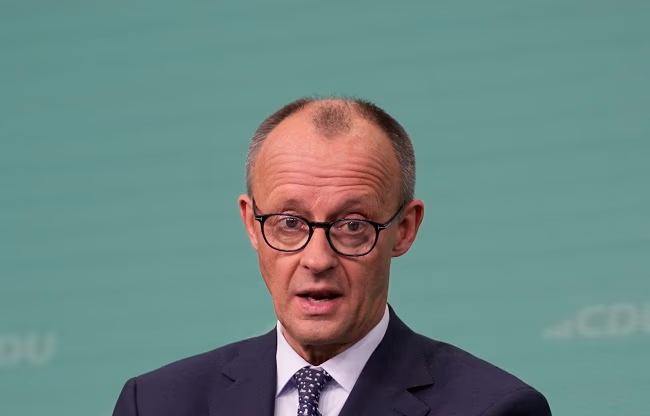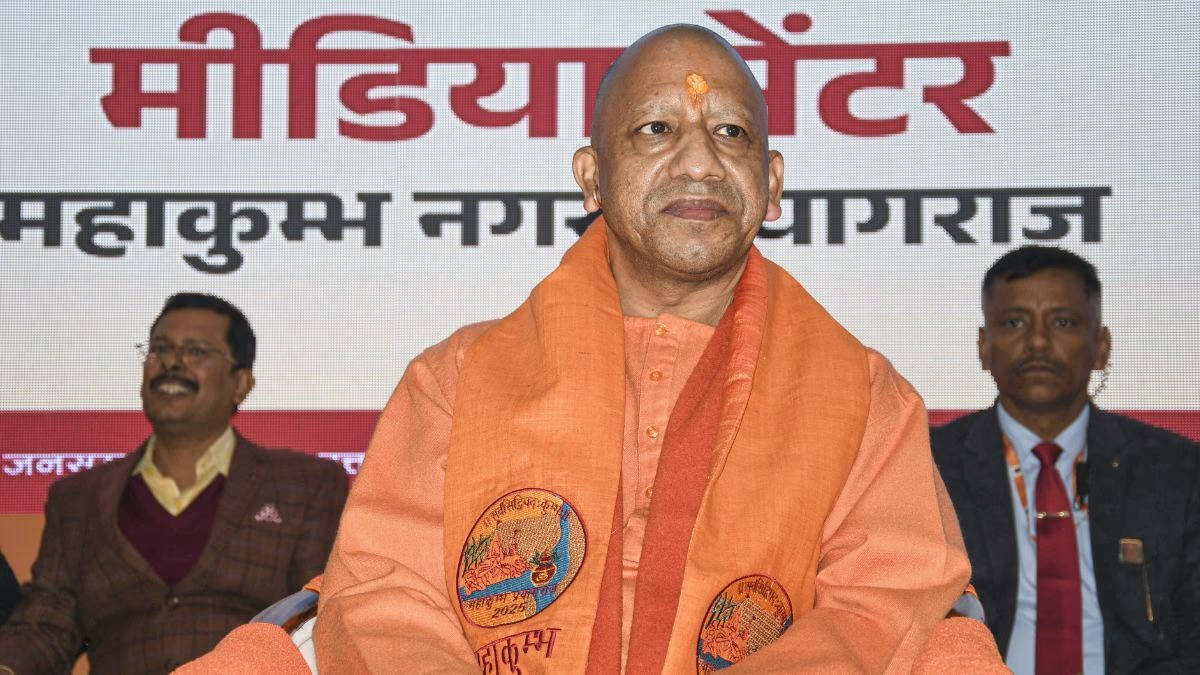The conservative party, Christian Democratic Union (CDU), emerged as the largest in Germany's elections. Although forming a government requires alliances, Friedrich Merz stands as the leading candidate for Chancellor. While the US welcomes the right-wing victory, Merz advocates for Germany's genuine independence from the US—a statement of significant magnitude, not new to discourse, as Russia has also previously mentioned Germany's alleged US subjugation.
What Did Merz Say?
As soon as the election results were out, CDU's leader commented that strengthening Europe is his top priority for achieving real independence from America.
Why Did the German Leader Make Such a Statement, and What Does True Independence from Washington Mean?
The Conversation delved into this with a detailed report, suggesting that Merz's statement could be influenced by Trump's recent stances. Upon entering the White House, Trump made several pronouncements, many concerning Europe directly. He criticized European nations, including Germany, for not increasing their defense budget. The crux of the matter was that while the US talks of ending the Ukraine-Russia conflict, the European Union is notably absent from the discussions. This has caused dissatisfaction in Berlin, especially considering Germany's direct economic and military aid to Kyiv since the conflict began.

Source: aajtak
Elon Musk's interference in German elections also did not sit well with the party. Musk openly supported the far-right Alternative for Germany, urging Germans to move past Nazi guilt. Merz remarked that Musk should have refrained from such interventions.
Despite being a powerhouse, Germany hasn't escaped the American shadow in its elections. This is only one aspect. Discussions on American dominance in Germany have surfaced multiple times. Nearly two years ago, Russian leader Vladimir Putin stated that Germany has been under US control since the end of World War II.
How True Are Putin's Allegations?
When Hitler committed suicide in the war, Germany surrendered. Consequently, victors left, but the US remained due to an agreement with the Federal Republic of Germany, allowing them to stay for peace for the next 10 years with numerous troops connected to local policies. Currently, over 30,000 American troops reside in Germany—the highest in Europe—alongside more than 9,500 Air Force officers stationed across various locations.

Source: aajtak
The Urbanization of Army Bases
The extent of American influence in Germany is visible with their base in Stuttgart, coordinating operations over Europe. Soldiers and officers with families transform army bases into small towns, like in Ramstein, featuring American-style schools, malls, and dollar currency circulation.
Even as Germany brands itself as an independent nation, frequently asserting that its decisions remain unhindered, the substantial presence of American troops draws accusations of persisting US influence.
Steps Toward True Independence
Merz is less concerned with the military presence and more perturbed by America's continuous threats. If his intention is to detach Germany's defense from America entirely, substantial measures need initiating. Primarily, he must convince allied partners to take Trump's threats seriously and work towards an autonomous identity.
A crucial move would be increasing Germany's defense budget, currently around $90 billion. Think tank Bruegel suggests adding approximately $150 billion more would reduce reliance on the White House.
This isn't where it ends. Germany's political parties must strive to unify EU countries, ensuring a robust defense system remains if Trump distances from NATO. Additionally, independent energy and trade frameworks need design. Simply put, establishing an entirely self-sufficient environment to negate external dependencies is vital.




